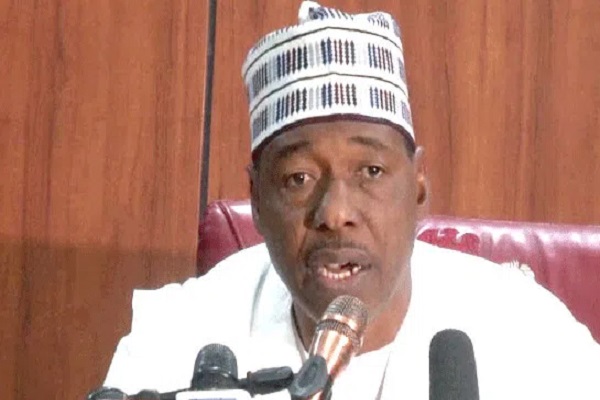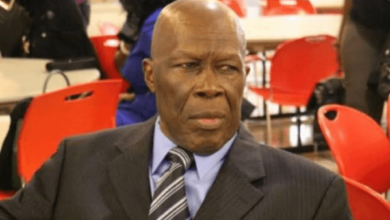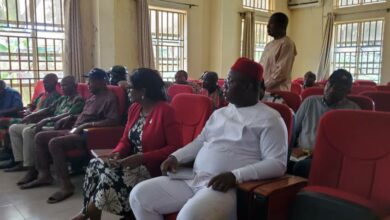They Failed Us Again — Zulum Blasts Military Over Fresh Borno Attack

(DDM) – Across Africa and beyond, a new wave of Gen Z-led activism is shaking the foundations of governments, as young people transition from online agitation to mass street protests demanding reform, justice, and inclusion.
Diaspora Digital Media (DDM) gathered that this growing youth movement, stretching from Morocco to Madagascar, mirrors a global surge of digital dissent going offline.
Similar scenes have been recorded in regions as far apart as Kathmandu in Nepal and Lima in Peru, where young activists are confronting what they describe as decades of inequality and political neglect.
Observers say the unifying thread among these movements is the frustration of young people who feel excluded from economic opportunities, political participation, and social equity.
Across many countries, Generation Z, those born between the mid-1990s and early 2010s, are now confronting what they describe as a “broken social contract” that has left them without a secure future.
In Morocco, protests have erupted nightly in several cities and towns under the banner “GenZ 212,” a movement named after the country’s international dialing code.
The demonstrations, led by students and unemployed graduates, are calling for sweeping reforms in public healthcare, education, and social justice.
Protesters argue that the government has prioritized lavish spending on preparations for the 2030 FIFA World Cup, which Morocco will co-host with Spain and Portugal, while neglecting pressing domestic needs such as job creation, social welfare, and infrastructure for the poor.
Videos circulating online show young Moroccans carrying placards demanding transparency, equality, and an end to corruption.
Many protesters claim that state funds should be redirected from mega-projects toward human development.
Analysts describe the movement as part of a continental awakening among African youths, who are increasingly using technology and social media to coordinate political action.
Platforms such as TikTok, X (formerly Twitter), and Instagram have become rallying grounds where activists share strategies, mobilize supporters, and expose government failings.
From North Africa to the Indian Ocean, these digital-born protests reflect a wider generational shift, one that values accountability and inclusivity over traditional political hierarchies.
Experts warn that unless governments across the region respond with meaningful policy changes, the unrest could deepen into long-term instability.
Many international observers draw parallels with past youth uprisings like the Arab Spring, noting that today’s Gen Z protesters are more tech-savvy, globally connected, and determined to reshape governance through both online and offline pressure.
As the movement spreads, political analysts predict that the coming decade will be defined by youth-driven social reform, with Generation Z emerging as the loudest voice demanding a fairer, more transparent, and more inclusive world.
Post Views: 50





